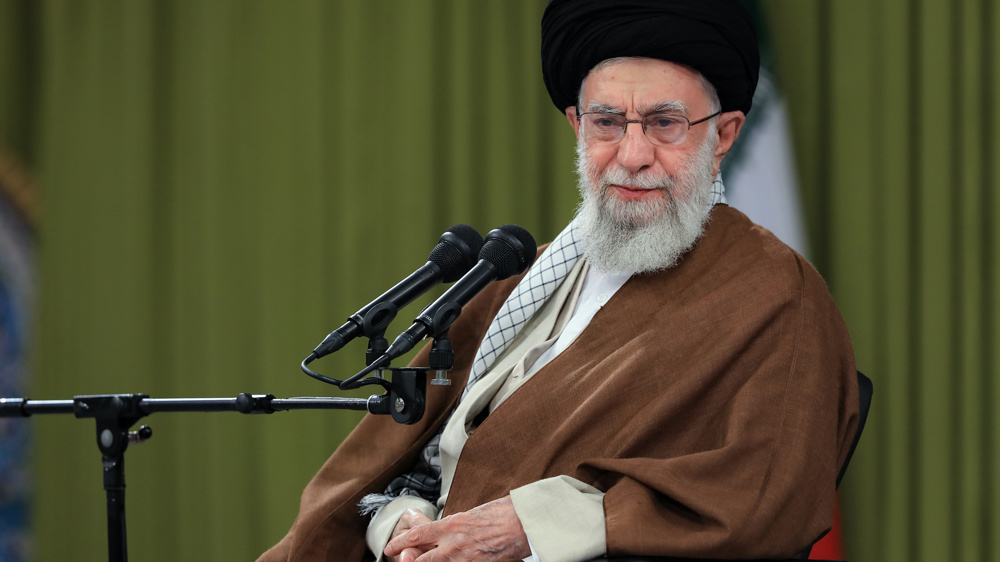
Leader of the Islamic Revolution Ayatollah Seyyed Ali Khamenei has pardoned or commuted the sentences of over 2000 Iranian prisoners on the eve of the birthday anniversary of Prophet Muhammad (PBUH).
Ayatollah Khamenei on Monday agreed to a request by Iran’s Judiciary Chief Gholamhossein Mohseni-Ejei to pardon or reduce the sentences of 2,284 inmates eligible for parole or reduction of sentence.
The inmates had been convicted at the country’s public and Islamic Revolution courts, the Judicial Organization of the Armed Forces, and the State Discretionary Punishment Organization.
The clemency was granted on the eve of the birthday anniversaries of Prophet Muhammad (PBUH) and Imam Ja’far Sadiq (PBUH), the sixth Shia Imam, which fall on Tuesday, according to Shia Narrative.
The Leader regularly issues such decrees on the occasion of religious festivities.
Article 110 of Iran’s Constitution grants the Leader the right to pardon or reduce the sentences of inmates upon a recommendation from the head of the Judiciary.
The clemency, however, does not apply to all types of prisoners, including those who have been sentenced for their role in armed struggle against the country, armed or organized drug trafficking, rape, armed robbery, arms smuggling, abduction, bribery, and embezzlement.
In April, on the occasion of the Eid al-Fitr, which marks the end of the fasting month of Ramadan, the leader pardoned and commuted sentences for over 1,700 prisoners.
In February, Ayatollah Khamenei also agreed to pardon or reduce the sentences of those arrested during the foreign-backed riots that erupted in September 2022 following the death of a young woman, Mahsa Amini.
He issued the approval on the occasion of the 44th anniversary of the glorious victory of the Islamic Revolution, which put an end to the ruling of the US-backed Pahlavi regime in the country in 1979, and the birthday anniversary of Imam Ali (AS), the first Shia Imam.
According to reports, a significant number of prisoners have been released as part of the decree; however, the mass amnesty came with certain conditions as it did not apply to those convicted on charges of spying for foreign intelligence agencies, those having affiliation with groups hostile to the Islamic Republic as well as those held on serious security-related charges.





Leave a Reply